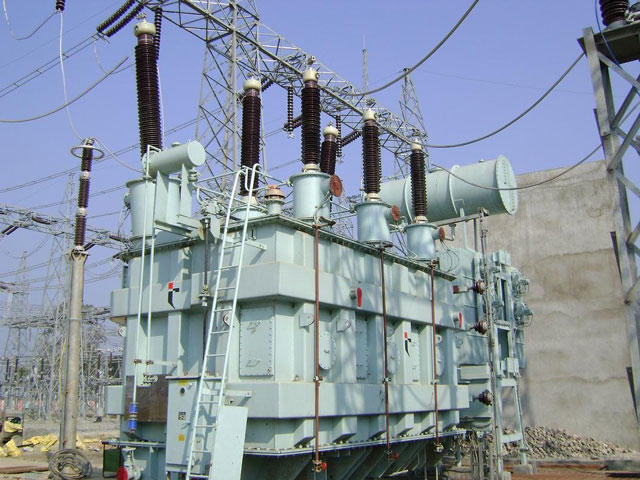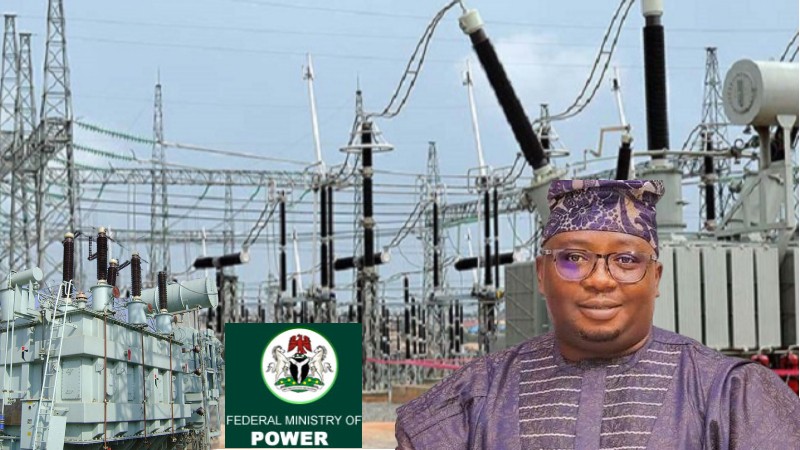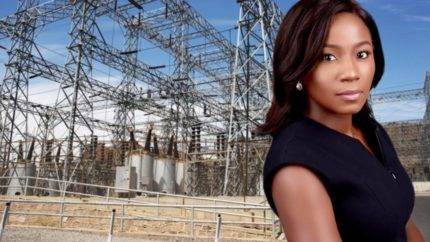The Nigeria’s electricity sector is grappling with a staggering capital deficit of approximately 2 trillion naira ($2.5 billion), as highlighted by Olu Verheijen, an advisor to President Bola Tinubu on energy. This pressing financial gap has left the industry in a precarious state, struggling to cater to the power needs of its 200 million residents. Over-leveraging and insufficient capitalization have severely impeded the companies’ ability to invest in expanding their Nigeria’s electricity distribution networks across households.
One of the core issues plaguing the sector is the inadequate pricing structure, coupled with irregular revenue collection mechanisms. These factors, combined with an ailing national grid, have led to a situation where a majority of Nigeria’s populace is compelled to resort to generating their own power using generators due to unreliable grid supply. The city of Lagos, home to 25 million people, receives a mere 1,000 megawatts from the grid, a stark contrast to Shanghai, with a similar population, supplying over 30,000 megawatts during peak demand.
Urgent Need for Policy Reforms and Investor Participation in Nigeria’s Electricity
Verheijen stressed the critical necessity for policy reforms facilitating reorganization, recapitalization, and the infusion of new capital through partnerships. With the government’s fiscal constraints, bridging the financial gap within the sector becomes an immense challenge. These persistent issues have only compounded the liquidity challenges faced by the industry, exacerbating the already dire situation.
Despite Nigeria having an installed capacity of 13,000 megawatts for Nigeria’s electricity generation, a mere 4,000 megawatts are effectively distributed to homes and businesses. In contrast, South Africa, despite facing its own power-related adversities, boasts a significantly higher capacity of approximately 52,000 megawatts, serving a population only a fraction of Nigeria’s size. However, South Africa’s electricity generation is primarily reliant on a debt-burdened state-owned utility operating aged power plants.
Path Forward: Collaborative Efforts and Infusion of Capital into Nigeria’s Electricity
As Nigeria grapples with its electricity deficit, urgent measures are required to address the sector’s financial woes. The imperative lies in fostering an environment conducive to attracting new investors and restructuring policies to encourage capital infusion. Collaborative efforts between government bodies, private investors, and international stakeholders may pave the way for revitalizing the sector and bolstering the nation’s power supply infrastructure.

The urgency to revamp Nigeria’s electricity sector becomes evident in the disparity between its potential capacity and the actual electricity supply reaching the populace. A comprehensive approach encompassing policy reforms, strategic partnerships, and increased investment holds the key to bridging the financial gap and transforming Nigeria’s electricity landscape for the benefit of its citizens and economic growth
The Perpetual Challenge of the Nigeria’s Electricity Sector:
The perpetual struggle plaguing Nigeria’s electricity sector has become an emblem of frustration and dismay for its citizens. Despite various attempts at resolutions and the recent privatization initiative, the power sector remains a poignant symbol of administrative failure. Since Nigeria’s independence in 1960, successive governments have grappled with this unyielding issue, likened to a stubborn ailment that defies treatment. The recent privatization aimed to herald a new era of efficiency and stability, yet the sector continues to struggle, leaving citizens in perpetual darkness and industries grappling with operational constraints.

Persisting Challenges Amidst Privatization of Nigeria’s Electricity
Despite the hopeful promises that accompanied the privatization efforts, the power sector’s challenges persist unabated. Issues such as inadequate infrastructure, inefficiencies in the distribution network, inconsistent policies, corruption, and lack of investment plague the system. The high expectations pinned on the privatization initiative have, unfortunately, met the harsh reality of systemic challenges deeply rooted within the sector.
Table of Contents
Discover more from OGM News NG
Subscribe to get the latest posts sent to your email.














